Meet the Team
The Community Corrections Fines and Fees Project is comprised of a team of experts in community corrections and criminal justice. Team members are from the University of Cincinnati, Drexel University, Georgia State University, Indiana University – Bloomington, the University of Minnesota Law School, the University of Michigan Law School, and Rutgers University. This project is made possible by a generous grant from Arnold Ventures. The CCFF Project team is very grateful to Arnold Ventures for their support.
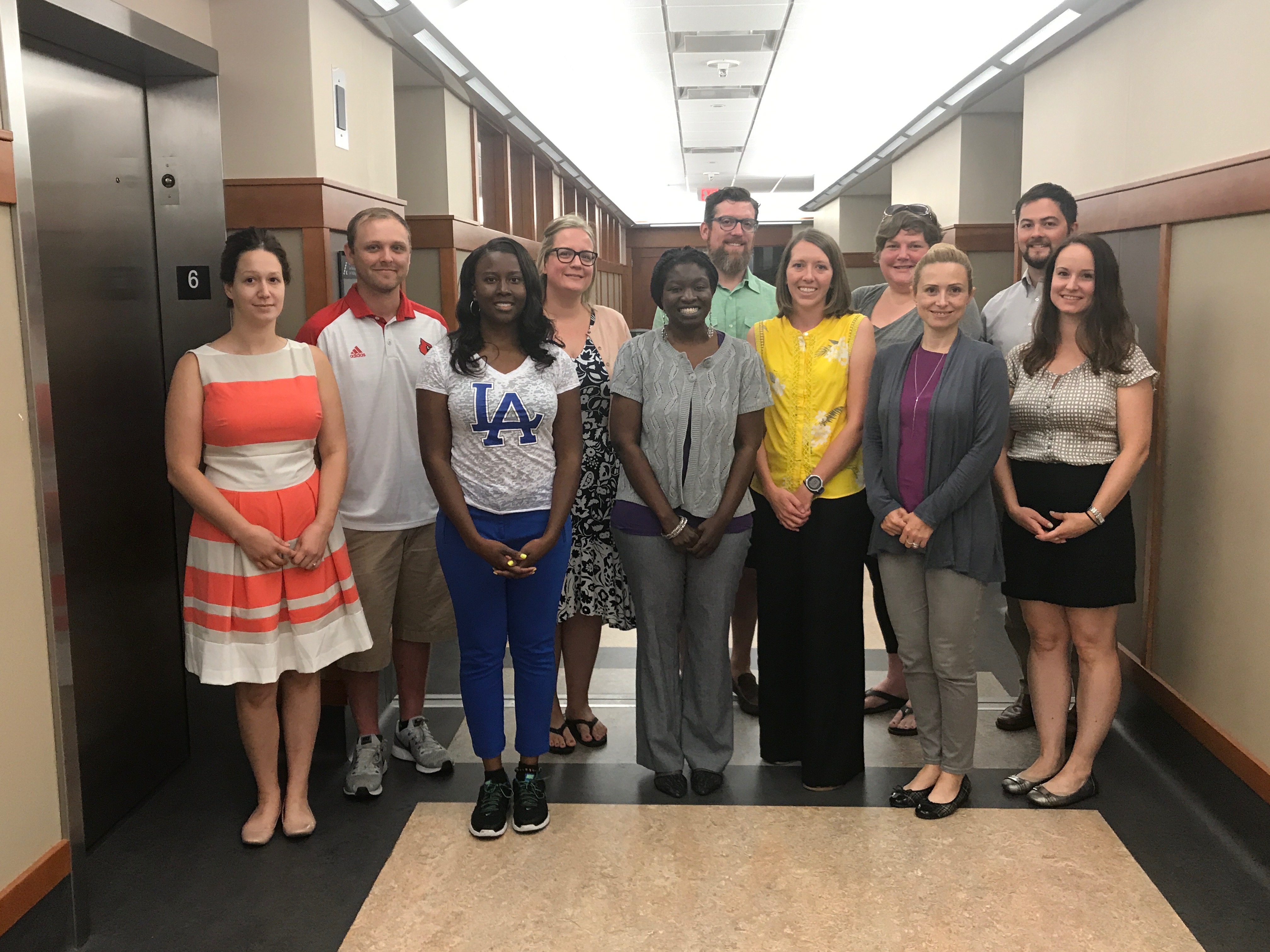
Rutgers University

Ebony Ruhland
Associate Professor at Rutgers – Newark
Principal Investigator
Email: [email protected]
Ebony Ruhland is an Associate Professor of Criminology at Rutgers University Newark, School of Criminal Justice. She is the Principal Investigator for the Community Corrections Fines and Fees Project and will lead a team of co-investigators from multiple universities in a multi-state, mixed-methods study that examines how fines and fees operate in community corrections (probation and parole) and how fines and fees impact the ability of individuals to succeed on supervision in several U.S. states. Dr. Ruhland is the former Research Director for the University of Minnesota’s Robina Institute of Criminal Law and Criminal Justice, leading the Parole Release and Revocation Project and the Probation Revocation Project. She received her Ph.D. from the School of Social Work at the University of Minnesota and her M.A. from St. Mary’s University. She is the author of numerous publications and reports. Her research interests include examining how individuals, families, and communities are impacted by crime and the criminal justice system.

Dr. Nathan Link is an Assistant Professor at Rutgers–Camden. He earned a MSW from Rutgers and a Ph.D. in criminal justice from Temple University. His research interests include incarceration and reentry, financial obligations and criminal justice debt, and mental and physical health, especially as they all relate to policy. In 2018, he won the Academy of Criminal Justice Sciences’ Donal MacNamara Award for outstanding journal publication. His work appears in a number of journals, including Justice Quarterly, Journal of Experimental Criminology, Criminal Justice and Behavior, Crime and Delinquency, Health & Justice, Journal of Offender Rehabilitation and The Sociological Quarterly.
University of Cincinnati School of Criminal Justice

Isabel Calogeras
Graduate Research Assistant
University of Cincinnati School of Criminal Justice
Email: [email protected]
Isabel Calogeras is a master’s student at the University of Cincinnati, where she also received her bachelor’s degrees in Criminal Justice and Psychology. Isabel is interested in parenting, families and crime, substance use, re-entry, and crime analysis. After finishing her master’s, she would like to work in criminal investigations or crime analysis. She hopes her work on the Community Corrections Fines and Fees Project will further develop her research skills.
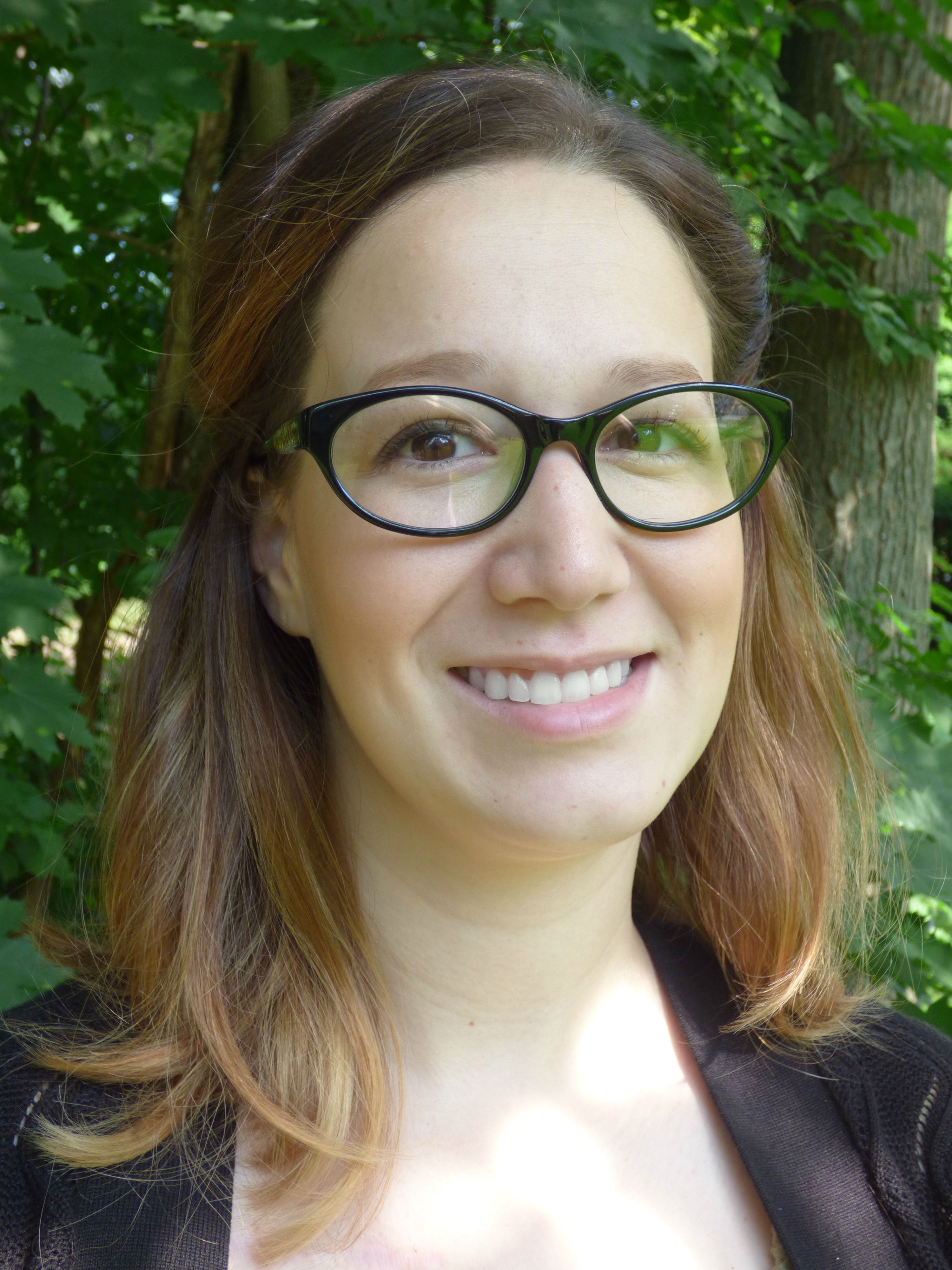
Amber Petkus
Graduate Research Assistant
University of Cincinnati School of Criminal Justice
Email: [email protected]
Amber Petkus is a doctoral student studying criminal justice at the University of Cincinnati. She received both her bachelor’s degree in psychology and master’s degree in criminal justice from Michigan State University. Amber’s research interests center on correctional practices, justice policy and programming, collateral consequences, family and sexual violence, and child welfare. She is especially interested in these topics within the context of the juvenile justice system and youth populations. In addition to her educational studies, Amber has worked directly with adult and youth offenders, collaborated extensively with justice system professionals, and brings six years of project management experience to this study.
Drexel University

Jordan M. Hyatt
Assistant Professor
Department of Criminology and Justice Studies
Drexel University
Co-Investigator
Email: [email protected]
Jordan M. Hyatt is an Assistant Professor in the Department of Criminology and Justice Studies at Drexel University. His research examines the role of correctional systems in facilitating or impeding rehabilitation, community safety and meaningful social change. In particular, he is interested in the unique obligations and opportunities presented to at-risk populations, including the collateral consequences of imprisonment and community supervision. His applied research focuses on the evaluation of incarceration, reentry, and community correctional policies through partnerships with a range of community-based and correctional agencies. In Pennsylvania, Hyatt has worked with large urban and rural community supervision agencies at the adult and juvenile levels, as well as with state- and national-level organizations.

Kathleen Powell is a Postdoctoral Research Fellow in the Department of Criminology and Justice Studies at Drexel University. She earned her Ph.D. from the School of Criminal Justice at Rutgers – Newark and her M.S. from the University of Pennsylvania. Her research broadly assesses the impacts of involvement with the justice system, with a focus on status attainment and health over the life course. Her dissertation examined the long-term consequences of involvement with the juvenile justice system for mental health. Dr. Powell has also worked on projects identifying the collateral consequences of justice system involvement for labor markets and family life and the occupational health of public defenders. Her research projects utilize both quantitative and qualitative methods.
Georgia State University

Shytierra Gaston
Assistant Professor
Department of Criminal Justice & Criminology
Georgia State University
Co-Investigator
Email: [email protected]
Shytierra Gaston, Ph.D. is an Assistant Professor in the Department of Criminal Justice & Criminology at Georgia State University in Atlanta, Georgia, and a co-investigator for the Community Corrections Fines and Fees Project. Dr. Gaston’s research and teaching expertise centers on two broad areas: the intersection of race/ethnicity, crime, and criminal justice and the U.S. correctional system. In particular, she uses quantitative, qualitative, and mixed methodologies to investigate research topics related to the treatment of people of color during criminal justice processing, the reentry experiences of inmates, and the collateral consequences of punishment for the formerly incarcerated and their families and communities. Her recent research has examined the sources of race disparities in drug law enforcement, the long-term mental health consequences of parental incarceration, and the highly-speculated 2015 and 2016 rise in U.S. homicide rates. She is an active member of the American Society of Criminology and the Racial Democracy, Crime, and Justice Network. Dr. Gaston holds a Ph.D. in criminology and criminal justice from the University of Missouri-St. Louis.
University of Indiana Bloomington

Miriam Northcutt Bohmert
Assistant Professor of Criminal Justice
Indiana University Bloomington
Co-Investigator
Email: [email protected]
Miriam Northcutt Bohmert is an Assistant Professor of Criminal Justice at Indiana University Bloomington, and a co-investigator on the Community Corrections Fines and Fees Project. Her research focuses on gender and crime, community supervision, transportation and mobility, sexual offenses, and restorative justice.
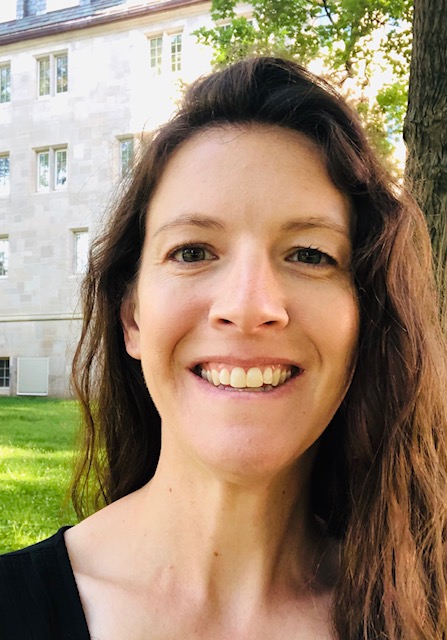
Michelle Ying is the project coordinator for Indiana. She recieved her master’s degree from Goucher College. Michelle oversees data collection of administrative data and supervises graduate students in cleaning data, creating codebooks, editing Qualtrics, and other duties.
University of Michigan

Jenna Pryor is a graduate student at the University of Michigan studying social work with a focus on community organization. She received her undergraduate degree in social work from Michigan State University. Jenna has experience working directly with individuals on parole and assisting in the implementation of a community-based re-entry program. Her research interests include community and social systems, and program development and evaluation.
University of Michigan Law School
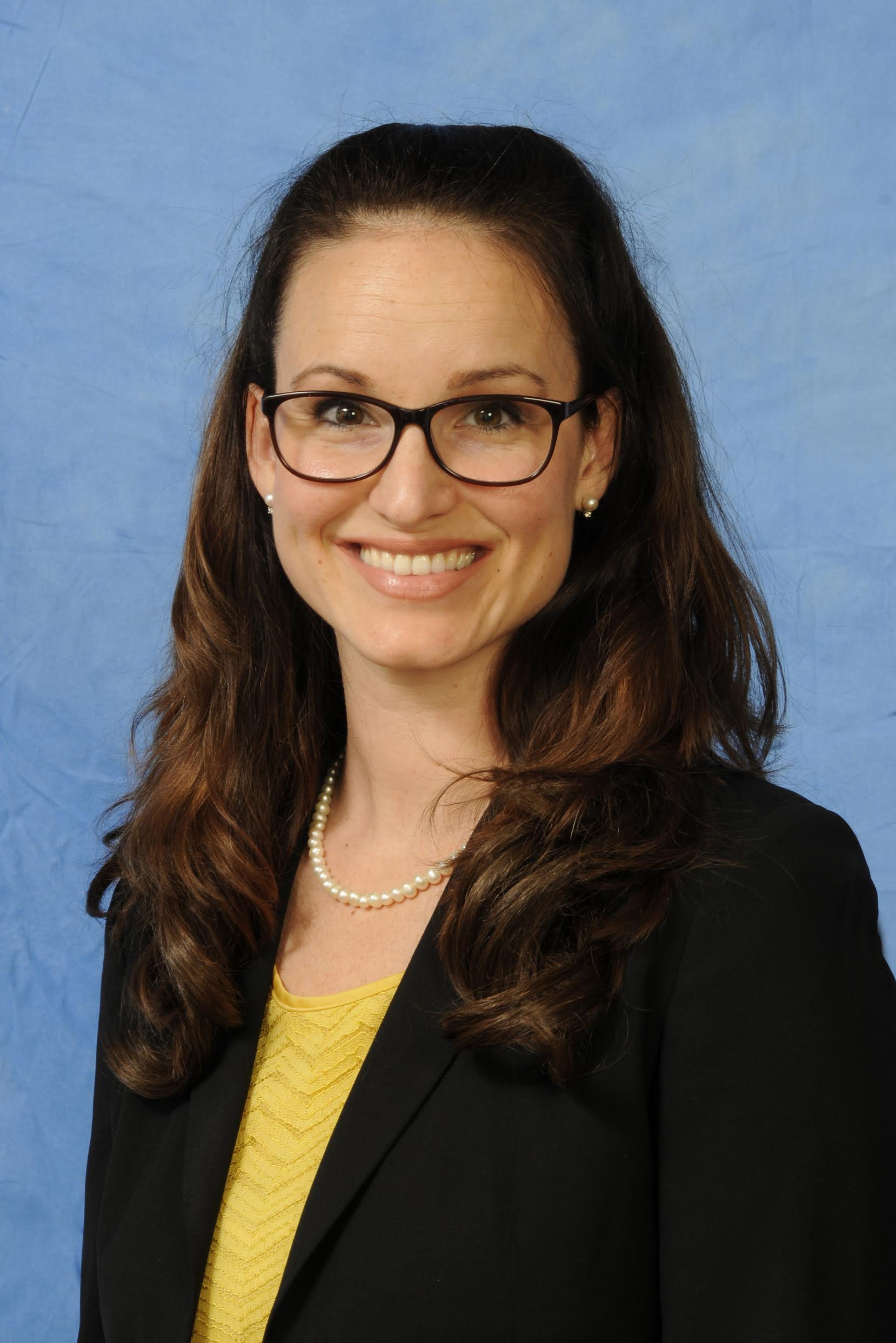
Meghan M. O’Neil
Social Science Research Fellow
University of Michigan Law School
Co-Investigator
Email: [email protected]
Dr. Meghan M. O’Neil is a Research Investigator at the Institute for Social Research and Research Scholar at the University of Michigan Law School. She earned an M.A. in quantitative methods from Columbia University and a Ph.D. in sociology from SUNY at Albany. She studies vulnerable populations in America, particularly focused on racial and economic inequality. She conducts evidence-based research to make for better public policy. Her research focuses on disparities in the American housing market, justice system, and the family. Her research has been funded by the National Science Foundation- Law & Science Division. Her work appears in a number of journals, including City & Community, Law & Contemporary Problems, Social Science Research, PLOS One, and The Criminal Justice Law Review at UCLA.
University of Minnesota Law School

Julia Laskorunsky
Research Scholar
Robina Institute of Criminal Law and Criminal Justice
University of Minnesota Law School
Co-Investigator
Email: [email protected]
Julia Laskorunsky is a Research Fellow at the Robina Institute, where she works on the Criminal History Enhancements Project and the Parole Release and Revocation Project. She is a co-investigator for the Community Corrections Fines and Fees Project. She received her PhD in criminology from Pennsylvania State University. Her dissertation focused on the use of actuarial risk assessments at sentencing and was funded by the National Institute of Justice Dissertation Fellowship. Her research focuses on the ways sentencing structures and correctional practices affect incarceration rates and racial disparity in the criminal justice system. Her work can be seen in the Journal of Crime and Justice, the Advancing Criminology and Criminal Justice Policy, and Oxford Handbooks Online. She was formerly a Deputy Project Director and Research Assistant for Development Services Group, Inc., where she worked on multiple projects for the Office of Juvenile Justice and Delinquency Prevention and the National Institute of Justice.

Kelly Lyn Mitchell
Executive Director
Robina Institute of Criminal Law and Criminal Justice
Lecturer in Law
University of Minnesota Law School
Subject Matter Expert
Email: [email protected]
Kelly Lyn Mitchell is the Executive Director of the Robina Institute of Criminal Law and Criminal Justice, and is also co-director of the Institute’s Sentencing Guidelines Resource Center. Mitchell was appointed Chair of the Minnesota Sentencing Guidelines Commission in 2019, and served as President of the National Association of Sentencing Commissions from 2014 to 2017. Prior to joining the Robina Institute, Mitchell was the Executive Director of the Minnesota Sentencing Guidelines Commission from 2011 to 2014, and worked as a staff attorney and manager for the Minnesota Judicial Branch from 2001-2011, where she served as the Branch’s liaison to other criminal justice agencies and was responsible for several statewide programs and services such as drug courts, the court interpreter program, and examiner services for sex offender civil commitment exams. Mitchell also provided legal support to trial court judges and court administrators on issues ranging from criminal and juvenile delinquency law to court records access and fines and fees in the criminal justice system. She also provided legal support for several Minnesota Supreme Court rules and policy committees, and in this role led efforts to fully revise the Minnesota Rules of Criminal Procedure and the Minnesota Juvenile Delinquency Rules of Procedure. Over the course of her career, Mitchell has held numerous appointments on committees and task forces on issues such as prison population control, probation supervision, sex offender management, and collateral consequences. She earned her J.D. from the University of North Dakota Law School, and has a master’s in public policy from the University of Minnesota’s Humphrey School of Public Affairs.
Former Team Members
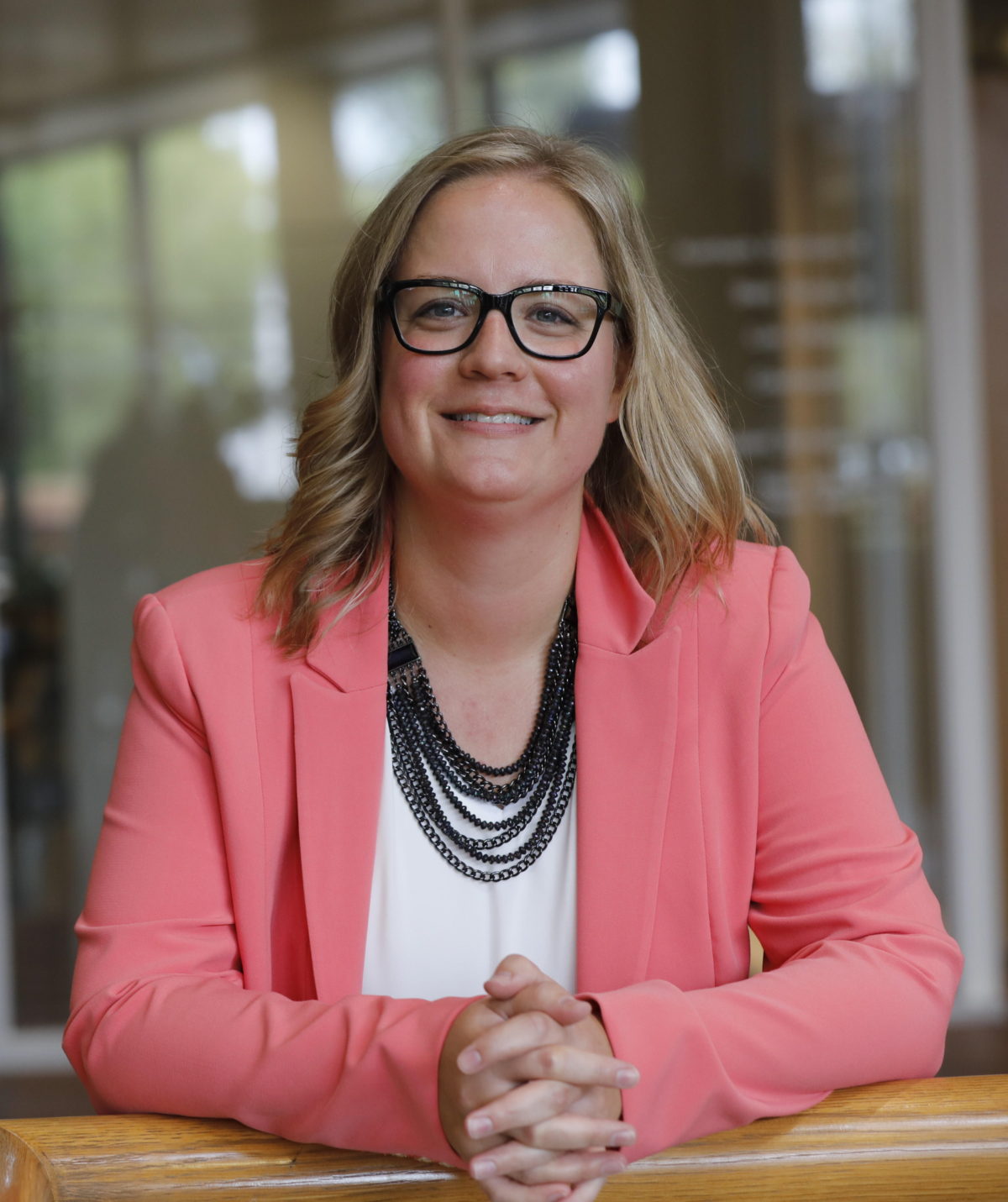
Erin Harbinson
Former Research Scholar
Robina Institute of Criminal Law and Criminal Justice
University of Minnesota Law School
Erin Harbinson is the executive director for the Criminal Justice Research Institute, located in the Office of the Chief Justice, Judiciary – State of Hawai’i. Erin is a former Research Scholar at the Robina Institute of Criminal Law and Criminal Justice and conducted original research on community corrections. She received her PhD in criminal justice from the University of Cincinnati and while there, managed research projects and conducted trainings on evidence-based practices for the University of Cincinnati Corrections Institute. Prior to her time at the Robina Institute, she worked at the Council of State Governments Justice Center as a policy analyst providing technical assistance to states implementing justice reinvestment legislation and data driven policies.
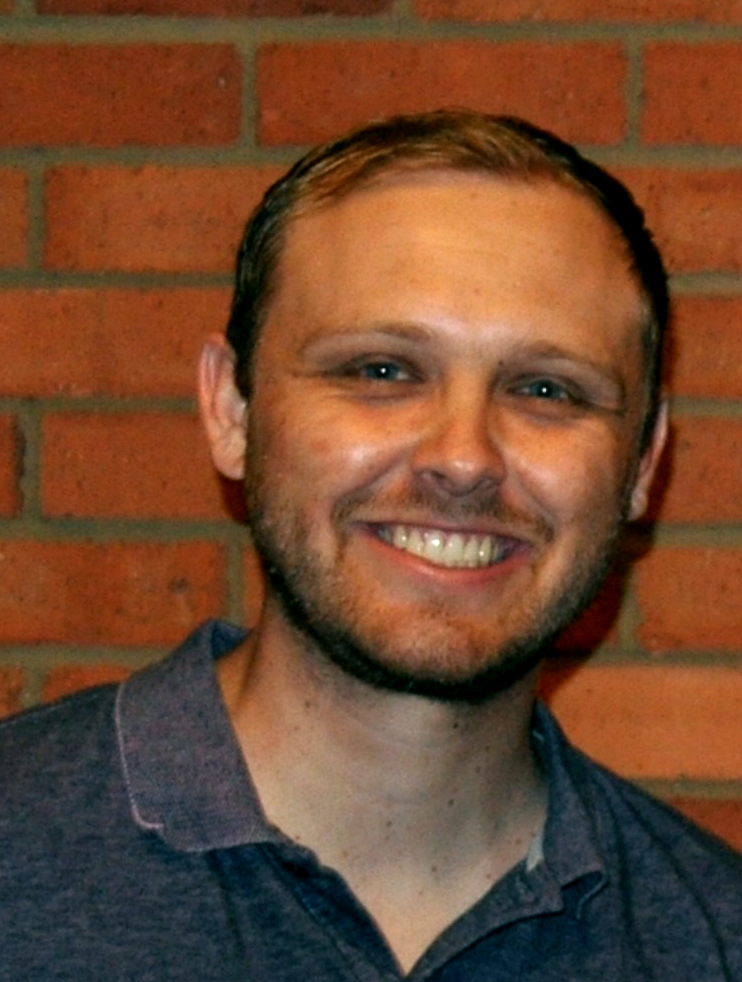
Bryan Holmes
Graduate Research Assistant
University of Cincinnati School of Criminal Justice
Bryan Holmes is a doctoral student in the School of Criminal Justice at the University of Cincinnati. He received his bachelor’s degree in criminal justice from the University of Central Florida and master’s degree in criminal justice from the University of Cincinnati. His research interests revolve around corrections, sentencing, and the intersection between behavior and law. He also co-hosts a podcast on criminal justice research named Criminal Justice Office Hours sponsored by the University of Cincinnati School of Criminal Justice.

Katelyn King
Graduate Research Assistant
University of Cincinnati School of Criminal Justice
Katelyn King is a doctoral student of the University of Cincinnati Criminal Justice Department. She obtained her bachelor’s degrees in psychology and neuroscience at Ursinus College and her master’s degree in criminal justice at the University of Cincinnati. Katelyn’s research interests lie in offender development, the transition points of the criminal justice system, the impact of law and policy, white-collar crime, and sex offending. She is especially interested in examining these topics while considering understudied populations and events and methodological challenges. In addition to CCFF, Katelyn is currently involved in research on educator sex offenders, juvenile court processing, white-collar law enforcement during COVID, public support for cybercriminal punishment and reentry, and other projects.
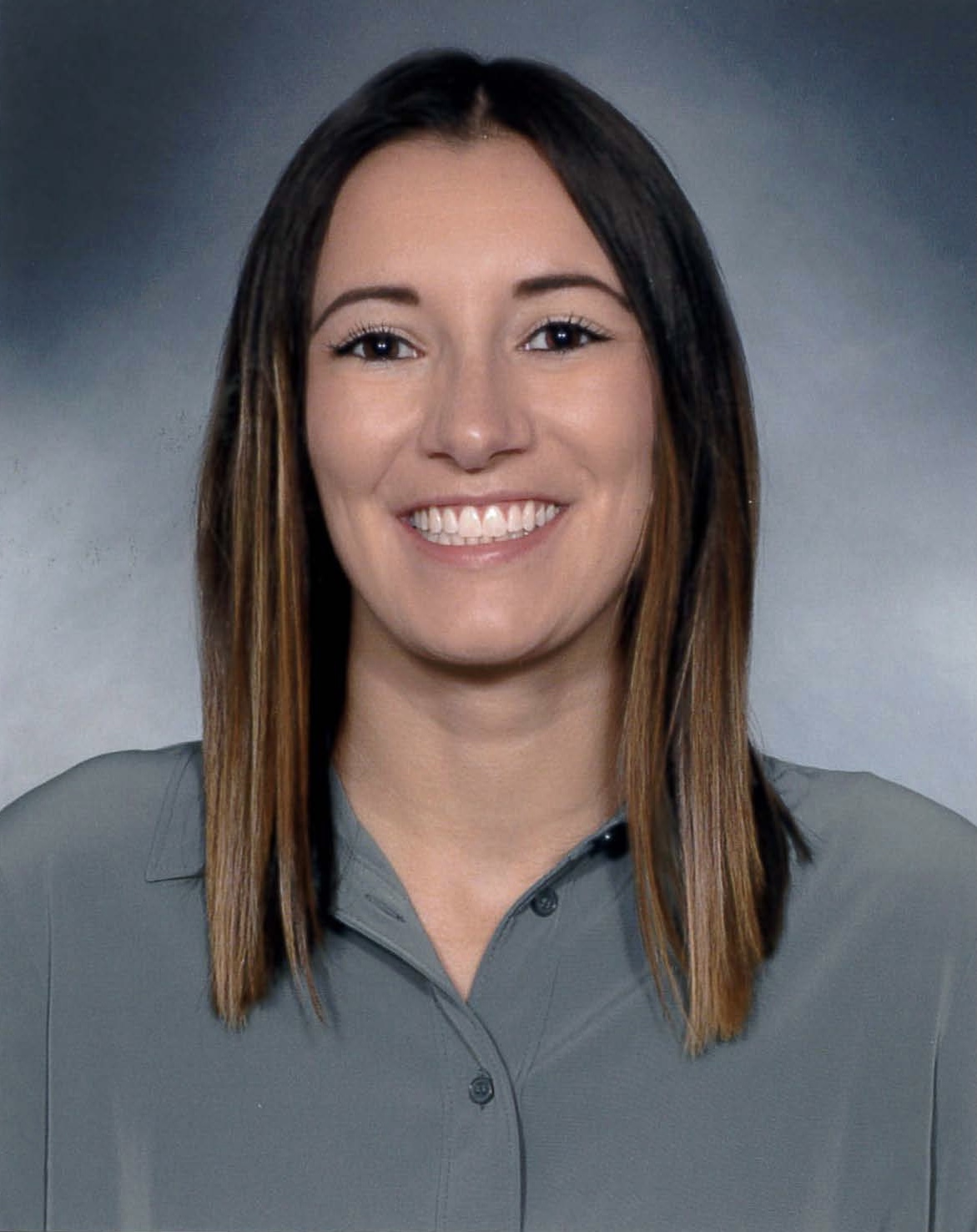
Katie Leigh
Graduate Research Assistant
University of Cincinnati School of Criminal Justice
Katie Leigh is a doctoral student at the University of Cincinnati School of Criminal Justice. She received her bachelor’s in ethnic etudies from the University of Colorado-Boulder and her master’s in criminal justice from the University of Cincinnati. Her research interests include incarceration experiences, punishment, and decision making processes within the criminal legal system.

William Miller
Graduate Research Assistant
University of Cincinnati School of Criminal Justice
William T. Miller is a doctoral student at the University of Cincinnati School of Criminal Justice. He earned his bachelor’s degrees in sociology and psychology at Southern Illinois University Carbondale and his master’s degrees in criminal justice and applied research methods from the University of Cincinnati. William’s research interests involve program and policy evaluation and offender assessment. Specifically, he is interested in ensuring that equitable, high-quality, and evidence-based programming and policies are in place for recidivism prevention and success after justice system involvement. He has worked with a number of service delivery agencies and correctional officer training academies to conduct process and outcome evaluations of programming.

Esther Scheibler
Graduate Research Assistant
University of Cincinnati School of Criminal Justice
Esther Scheibler is a doctoral student in the School of Criminal Justice at the University of Cincinnati. She received her bachelor’s degree in criminal justice from the University of Arkansas and her master’s degree in criminal justice from the University of Missouri, Kansas City. Her research interests are centered on faith-based rehabilitation, crime & victimization patterns in Jewish communities, Jewish prison chaplaincy, and prisoner reentry.